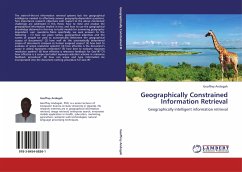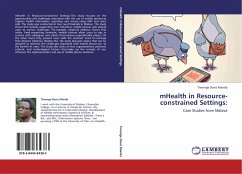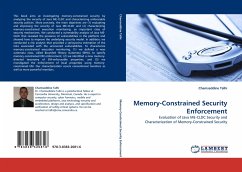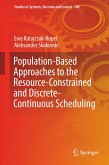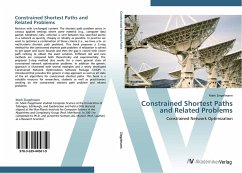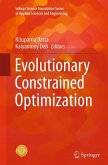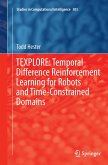The state-of-the-art information retrieval systems lack the geographical intelligence needed to effectively answer geography-dependent questions. Two importance research objectives with respect to the above mentioned challenges are addressed in this thesis: how to mine and analyse the geographical information implicit in text, and how to use the geographical knowledge obtained in this way to build models for answering geography-dependent user questions. More specifically, we seek answers to the following (1) how can place names, geographical adjectives and the names of people be used to automatically determine the geographical scopes of documents? (2) how well do the automatically determined scopes of documents compare to human assigned scopes? (3) how best to evaluate of scope resolution systems? (4) how effective is the document s scope in aiding toponyms resolution? (5) how best to evaluate toponym resolution systems? (6) how effective is relevance feedback for Geo-IR? (7) howeffective is a scope-controlled toponym selection scheme in relevance feedback procedure? (8) how can scope and type information be incorporated into the document ranking procedure for Geo-IR?
Bitte wählen Sie Ihr Anliegen aus.
Rechnungen
Retourenschein anfordern
Bestellstatus
Storno

